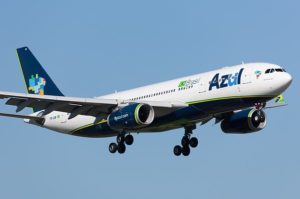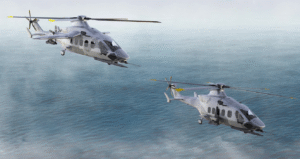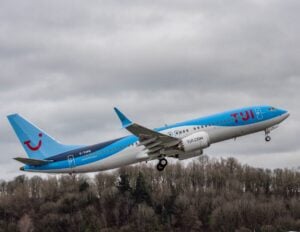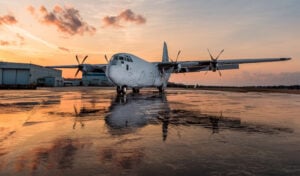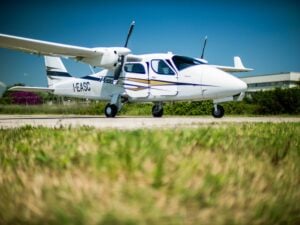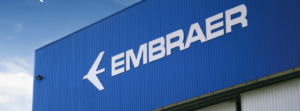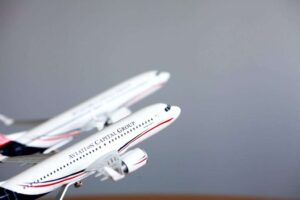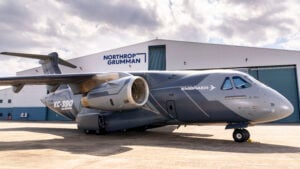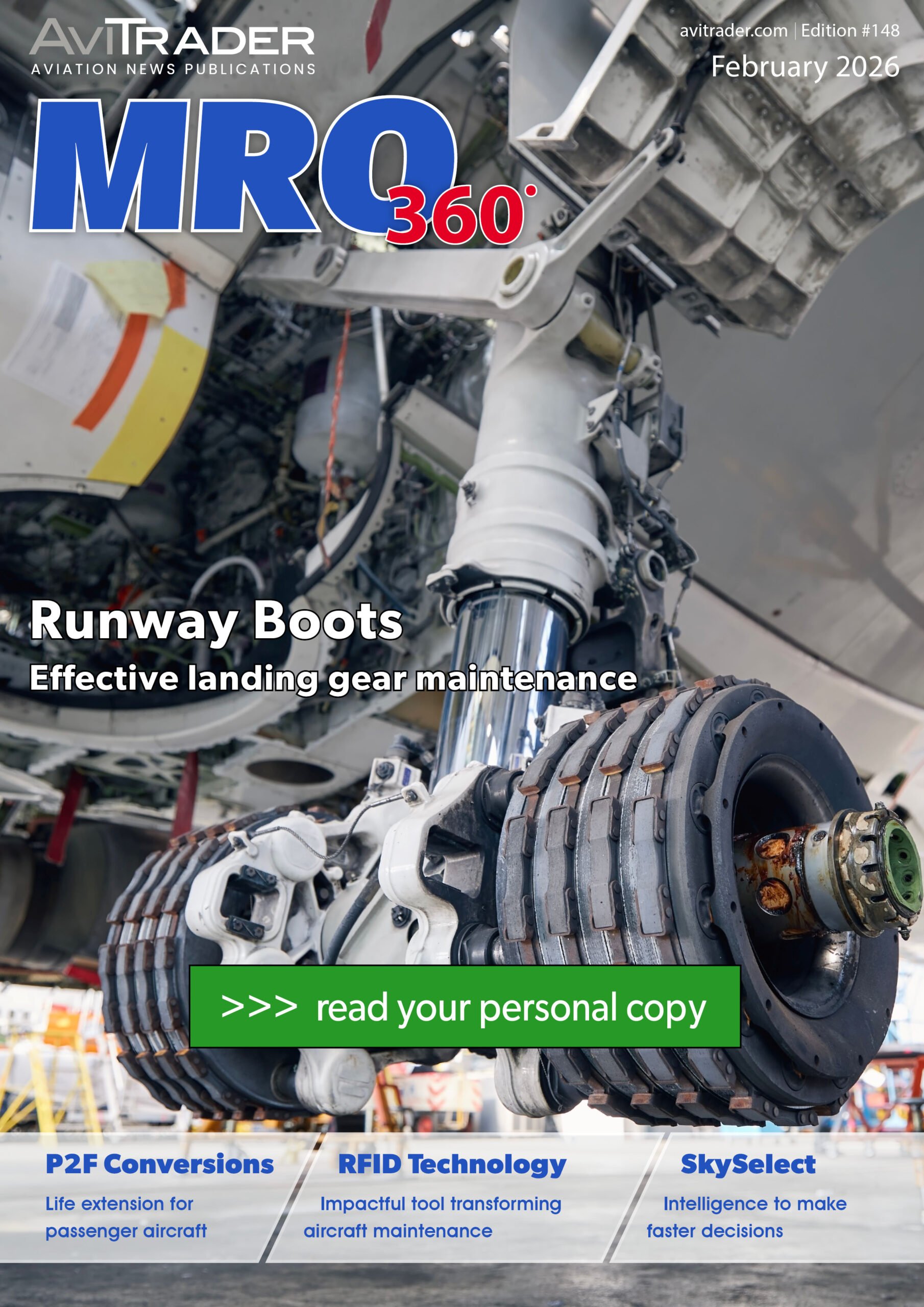CAE Simulation Training Private Limited (CSTPL), a joint venture between InterGlobe Enterprises and CAE, has announced the establishment of a new pilot training centre in Mumbai. The 44,000 ft² facility is scheduled to begin operations in the first quarter of 2026 and will initially house two Airbus A320 full-flight simulators (FFS), with the capacity to accommodate up to six simulators in total.
The expansion comes at a time of significant demand for skilled pilots in India, with projections suggesting that as many as 20,000 will be required over the next decade. As one of the world’s fastest-growing aviation markets, India is central to regional growth in commercial aviation, and training infrastructure is considered essential to meet industry needs.
The new centre in Mumbai will complement CSTPL’s existing training network in Greater Noida, Gurugram and Bengaluru, where the joint venture currently operates facilities with the capacity for 23 FFSs. By adding a presence in Mumbai, CSTPL strengthens its coverage across India’s key aviation hubs, ensuring training is accessible where demand is highest.
The training centre will deliver a range of programmes for pilots across Airbus, ATR and Boeing aircraft types. Services will include type ratings, recurrent training, and proficiency checks, all compliant with Directorate General of Civil Aviation (DGCA) requirements. These programmes are expected to support both new entrants to the profession and experienced pilots seeking to maintain qualifications.
According to CAE’s 2025 Aviation Talent Forecast, the Asia Pacific region will require 98,000 new pilots by 2034, highlighting the importance of sustained investment in training capacity. CSTPL’s new Mumbai facility aims to play a critical role in meeting this demand by offering high-quality, locally accessible training for Indian and regional carriers.
This development underlines the strategic commitment of both InterGlobe Enterprises and CAE to strengthen India’s aviation training ecosystem. The Mumbai centre is expected to provide not only operational efficiency for airlines but also a foundation for long-term skills development in the aviation sector.




